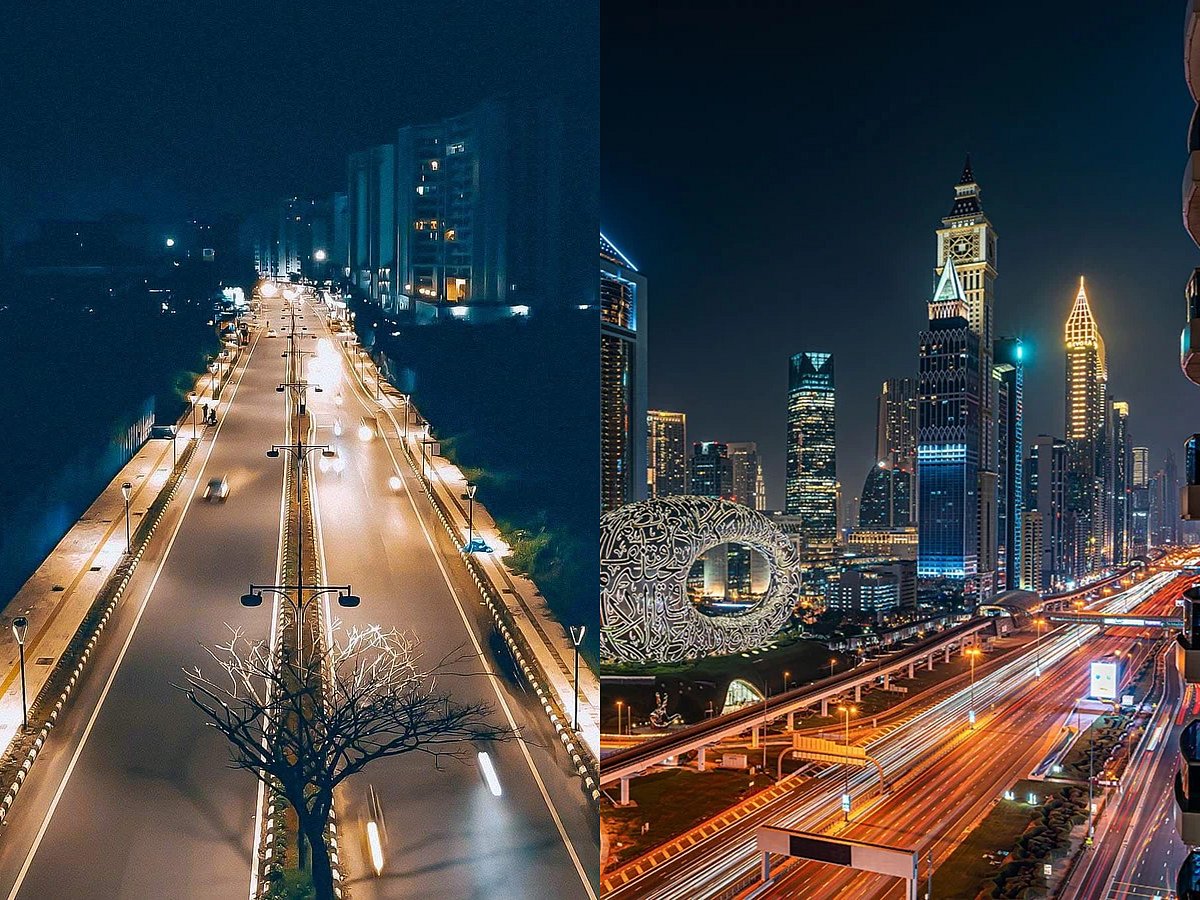Kerala’s big Dubai dream: 25-year plan to transform its cities
State to draft urban policy drawing on UAE expertise and global models

The south Indian state of Kerala is setting its sights sky-high, unveiling plans for a 25-year urban development roadmap that aims to redefine its cityscapes.
At the just-concluded Kerala Urban Conclave in Kochi, Local Self-Government Minister M.B. Rajesh revealed that the state’s first-ever comprehensive urban policy will be drafted with inputs from global experts, including those from the UAE, and lessons drawn from Dubai’s model of growth.
Impressed by Dubai’s growth
Rajesh, who has visited Dubai multiple times, said he was particularly impressed by the emirate’s world-class infrastructure, efficient transport systems, sustainable urban planning, and special facilities for people of determination.
“Kerala has the vision and the capacity to transform. Our goal is to create inclusive, modern, and resilient cities that match the best in the world,” he told Gulf News.
The state has already embarked on transformative infrastructure projects. The ongoing road widening project, for instance, is seen as part of Kerala’s broader effort to replicate global models of connectivity and seamless transport.
UAE-inspired vision for Kerala
Kerala, where one village leads to another, is home to hundreds of census towns – localities that haven’t been declared urban by local authorities despite meeting urban characteristics, including economic criteria. This often-overlooked pattern of settlements makes a comprehensive urbanisation policy essential. The state government is now considering a bold urbanisation drive, integrating the best international practices into its policy framework.
“Kerala has the potential to create world-class sustainable cities. Our engagements with global experts, especially from the UAE, will guide this vision,” Rajesh noted.
Addressing climate change
The draft policy, which received about 300 recommendations during the conclave, aims to achieve inclusive urban development, ensuring active participation of children, people of determination, the elderly, poor, and marginalised communities. It will focus on climate resilience, sustainable infrastructure, and promote digitisation and public private partnership (PPP)-led projects, while creating a professional urban governance cadre to deliver services at par with global standards.
New-age hubs across districts
From knowledge and industrial hubs to social auditing, urban observatories, and integrated waste management authorities, Kerala’s blueprint seeks to balance global benchmarks with local needs. The economic hubs identified include Thiruvananthapuram and Kollam (Knowledge), Ernakulam and Thrissur (financial education), Kozhikode and Malappuram (literary), Palakkad (industrial), and Kannur and Kasaragod (education, health and fashion).
“Expert insights from the UAE, along with Kerala’s own consultative planning, will help shape a globally competitive and people-centric urban model. In 25 years, we want Kerala to reflect the same global benchmarks of excellence that a city like Dubai represents today, while remaining rooted in inclusivity and sustainability,” Rajesh added.
The two-day conclave concluded in Kochi on September 13.
Sign up for the Daily Briefing
Get the latest news and updates straight to your inbox
Network Links
GN StoreDownload our app
© Al Nisr Publishing LLC 2026. All rights reserved.